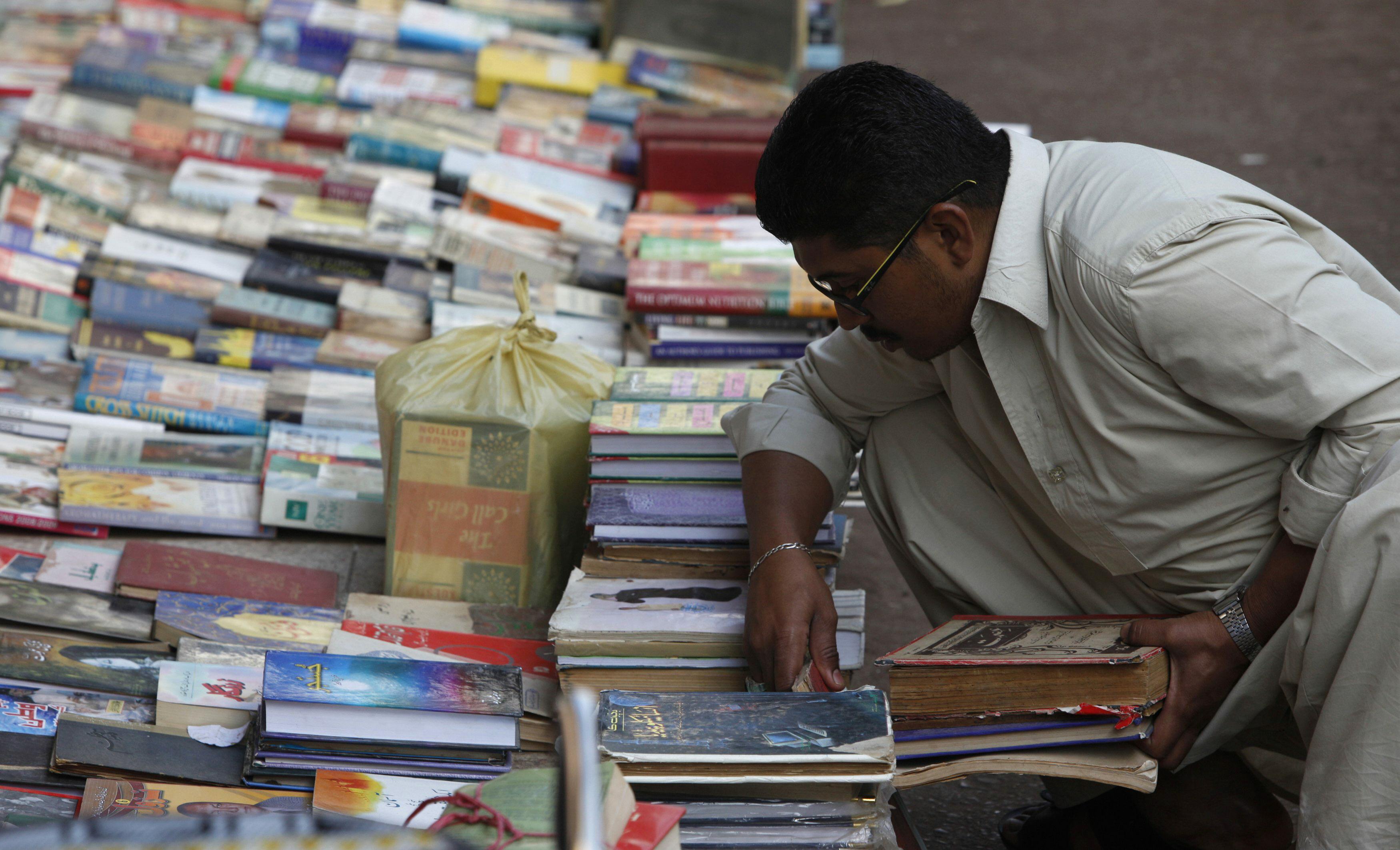
The modern research university as part of its mission is engaged in not only teaching but also discovery. The fundamental tenant of this lofty mission of discovery is seeking truth, and doing so faithfully and with full honesty. This mission of the university is an important one for not only national growth but also for human development. Yet, a combination of ethical lapses and dishonest contracts is making this pursuit of truth nearly impossible. Let us start with one of the ethical lapses. It is not unusual to find most, if not all, students as party to software piracy. While plagiarism in research papers has gotten some attention as of late, (but remains a stubborn problem nonetheless) unauthorised and illegal practices associated with software continue unabated at full speed. Perhaps, the most unfortunate aspect is that there is occasionally tacit and sometimes explicit support by professors who encourage students to get illegal copies from the marketplace. Student groups who are motivated by increased transparency, honesty and a stronger sense of accountability in politics and cricket do not seem to care about the widespread practices of software piracy. Statistics suggest that Pakistanis are among the worst offenders in software piracy. The irony that our entrepreneurs and innovators are troubled by lack of strong copyright and patent laws in the country on the one hand, and engaged in widespread practice of buying and downloading illegal software and videos on the other, does not create a culture of honest inquiry. The argument to end cheating and piracy is not just an ethical one, it is also a practical one to create a culture of innovation, protection of intellectual property and encouragement of creative pursuits without the fear of losing the fruit of your labour. The second dimension of the problem is a dishonest research contract with ourselves. Research, by definition, requires a commitment to discovery and the pursuit of truth, even if it is inconvenient. It is often this inconvenience that leads to great discoveries that change the way we think or operate. It is this breakdown of our worldview that leads to the improvement of the human condition. However, dogmas and ideologies, interests of powerful national entities, cultural baggage and traditional views, often hinder this pursuit. We have to ask ourselves, if the research results in an unforeseen conclusion, are we ready to accept it? Are we honest in our contract with ourselves in seeking the truth? Are we ready to question our assumptions and ready to recognise the failings of our hypotheses if they are found to be untrue or inconvenient? There is nothing wrong with having a particular worldview, a political position or an ideology, but forcing research to fit that worldview is not an honest pursuit of inquiry. Indeed research, even with the most rigorous of methods, often leads to results that are inconclusive or proven incorrect by subsequent efforts. Additionally, research results should be scrutinised rigorously and debated thoroughly, but scrutiny itself should be honest, with a single purpose of seeking the truth, not to bend the results to fit a particular worldview. The university has an important role to play in national growth and development, and all of its units, including faculty and students, should recognise that their acts and activism will influence the thought and practice for generations. It is with this sense of responsibility that we should seek to participate in the biggest debates of this era. The questions facing us all are too important to ignore and too complex to continue with dishonest practices. In all disciplines, including the sciences, the grand questions of our time require a deeper reflection of ethics. Issues of gene editing and stem cells, the growth in synthetic biology and designer drugs, and many other advances in all fields require rigorous and honest debates. Creating a culture of honesty, within and around ourselves, in our research practices and our intellectual pursuits, is one of the most important steps to prepare ourselves to meet the grand challenges of our time. Express Tribune